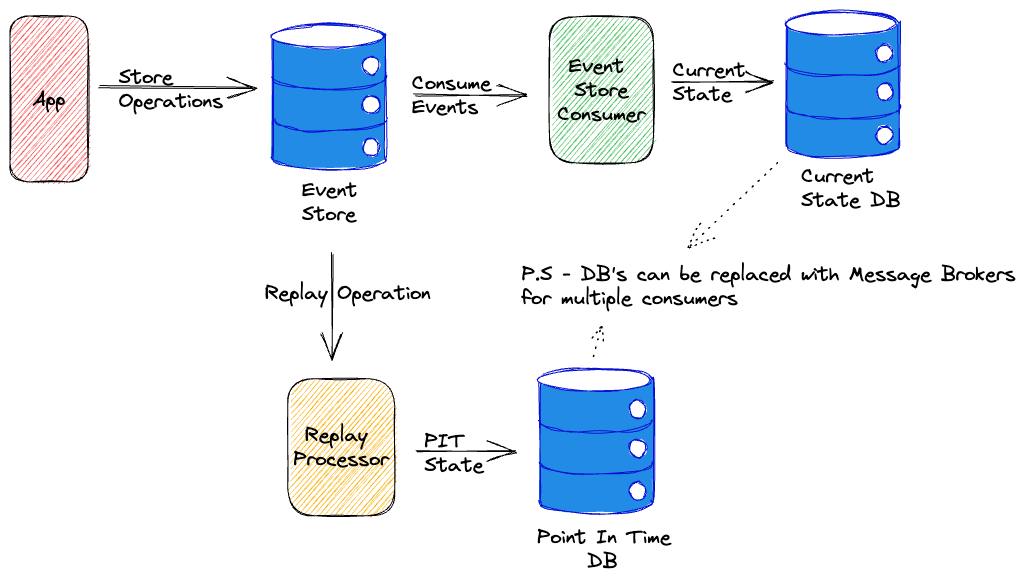
Unit testing is a fundamental practice in software development that ensures individual units of code function correctly. In .NET, unit testing is supported by various frameworks and tools that help developers maintain code quality and reliability.
What is Unit Testing?
Unit testing involves testing individual units or components of a software application in isolation from the rest of the system. The primary goal is to verify that each unit performs as expected and to catch defects early in the development cycle.
Key Concepts in Unit Testing:
- Unit: A unit is the smallest testable part of an application, typically a method or function.
- Test Case: A specific scenario or condition under which a unit is tested.
- Mocking: A technique used to simulate dependencies of the unit being tested, allowing for isolated testing.
- Assertion: A statement that verifies if a particular condition holds true in the test.
Popular Unit Testing Frameworks in .NET:
- xUnit: A modern, open-source testing framework that is widely used in the .NET ecosystem. It supports various types of tests, including unit tests and integration tests.
- NUnit: An established testing framework with rich features for .NET applications. It provides a wide range of assertions and test attributes.
- MSTest: The default testing framework provided by Microsoft, integrated with Visual Studio. It is suitable for basic unit testing and supports test-driven development.
Example Unit Test with xUnit:
Here’s a simple example of how to write a unit test using xUnit.
public class Calculator
{
public int Add(int a, int b) => a + b;
}
public class CalculatorTests
{
[Fact]
public void Add_ShouldReturnSumOfTwoNumbers()
{
// Arrange
var calculator = new Calculator();
// Act
var result = calculator.Add(2, 3);
// Assert
Assert.Equal(5, result);
}
}
Mocking Dependencies:
When unit testing code that depends on external services or complex objects, mocking frameworks like Moq or NSubstitute are used to create mock objects that simulate the behavior of real dependencies.
Advanced Unit Testing Concepts:
Test-Driven Development (TDD):
TDD is a software development process where tests are written before the code that needs to be tested. It follows a simple cycle: write a test, write code to pass the test, refactor the code, and repeat. TDD helps ensure that the code is thoroughly tested and encourages better design.
Behavior-Driven Development (BDD):
BDD extends TDD by writing tests in a natural language that non-technical stakeholders can understand. It focuses on the behavior of the application from the user’s perspective. BDD frameworks like SpecFlow can be used with .NET to facilitate this approach.
Best Practices for Unit Testing:
- Test One Thing: Each unit test should focus on a single aspect of the code.
- Keep Tests Isolated: Ensure that tests do not depend on external systems or other tests.
- Use Meaningful Names: Test methods should have descriptive names indicating what they are testing.
- Automate Testing: Integrate unit tests into the build pipeline to ensure continuous validation of the code.
- Write Maintainable Tests: Keep tests simple and readable. Avoid complex logic within tests to make them easy to maintain.
- Test Edge Cases: Ensure that edge cases are tested to catch potential errors that may not be obvious during normal operation.
Common Pitfalls in Unit Testing:
Testing Implementation Details: Focus on testing the behavior and output of the code rather than its implementation details to avoid fragile tests.
Over-Mocking: While mocking is useful, overuse can lead to tests that do not reflect real-world scenarios. Use mocks judiciously and only when necessary.
Neglecting Refactoring: Regularly refactor both the production code and the test code to keep the codebase clean and maintainable.
Tools and Libraries for Unit Testing in .NET:
Moq: A popular mocking library for .NET that helps create mock objects and set up expectations for testing dependencies.
NSubstitute: An alternative to Moq, providing a simple API for creating mock objects and verifying interactions.
AutoFixture: A library that automatically generates test data, reducing the boilerplate code required for setting up tests.
Example of Using Moq:
Here’s an example of using Moq to mock a dependency in a unit test:
public interface IUserRepository
{
User GetUserById(int id);
}
public class UserService
{
private readonly IUserRepository _userRepository;
public UserService(IUserRepository userRepository)
{
_userRepository = userRepository;
}
public string GetUserName(int id)
{
var user = _userRepository.GetUserById(id);
return user?.Name;
}
}
public class UserServiceTests
{
[Fact]
public void GetUserName_ReturnsUserName()
{
// Arrange
var mockRepo = new Mock<IUserRepository>();
mockRepo.Setup(repo => repo.GetUserById(It.IsAny<int>()))
.Returns(new User { Id = 1, Name = "John" });
var service = new UserService(mockRepo.Object);
// Act
var result = service.GetUserName(1);
// Assert
Assert.Equal("John", result);
}
}
In this example, Moq is used to create a mock IUserRepository and set up a return value for the GetUserById method. This allows the UserService to be tested in isolation.
Conclusion:
Unit testing in .NET is crucial for maintaining code quality and ensuring that individual components work as expected. By using frameworks like xUnit, NUnit, or MSTest, and following best practices, developers can create robust and reliable applications.
For more in-depth information on unit testing in .NET, you can check out Microsoft’s Unit Testing Documentation.


